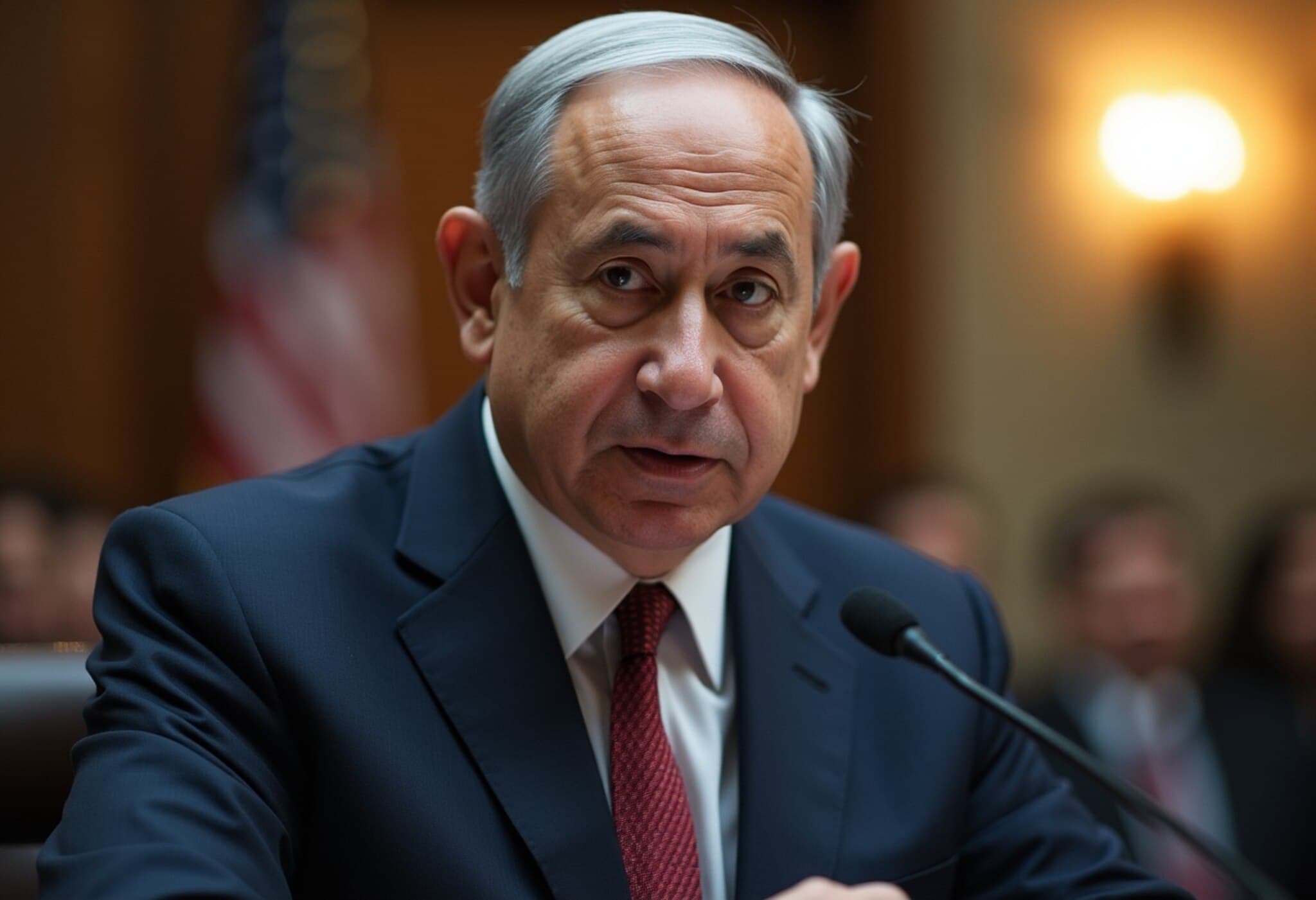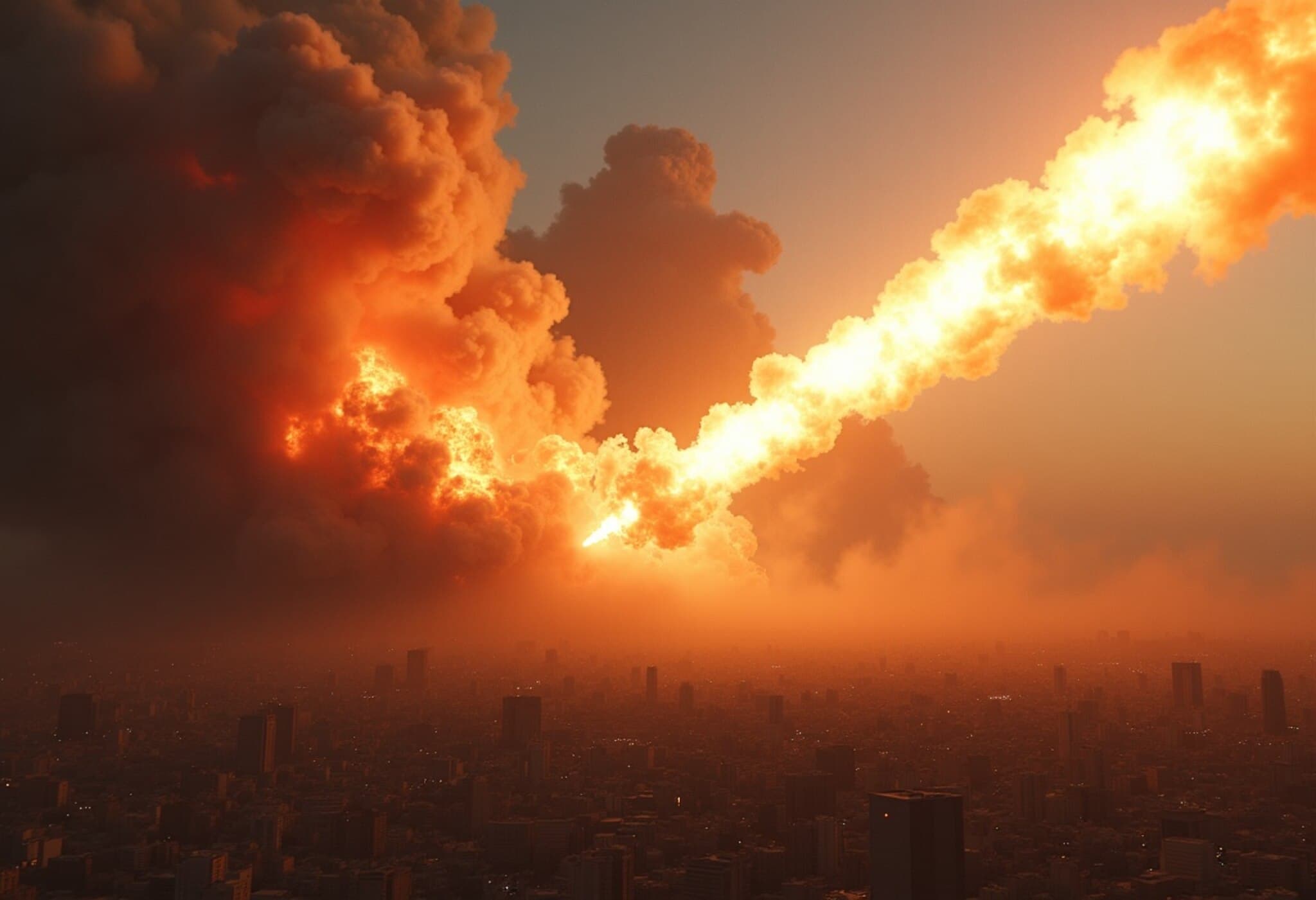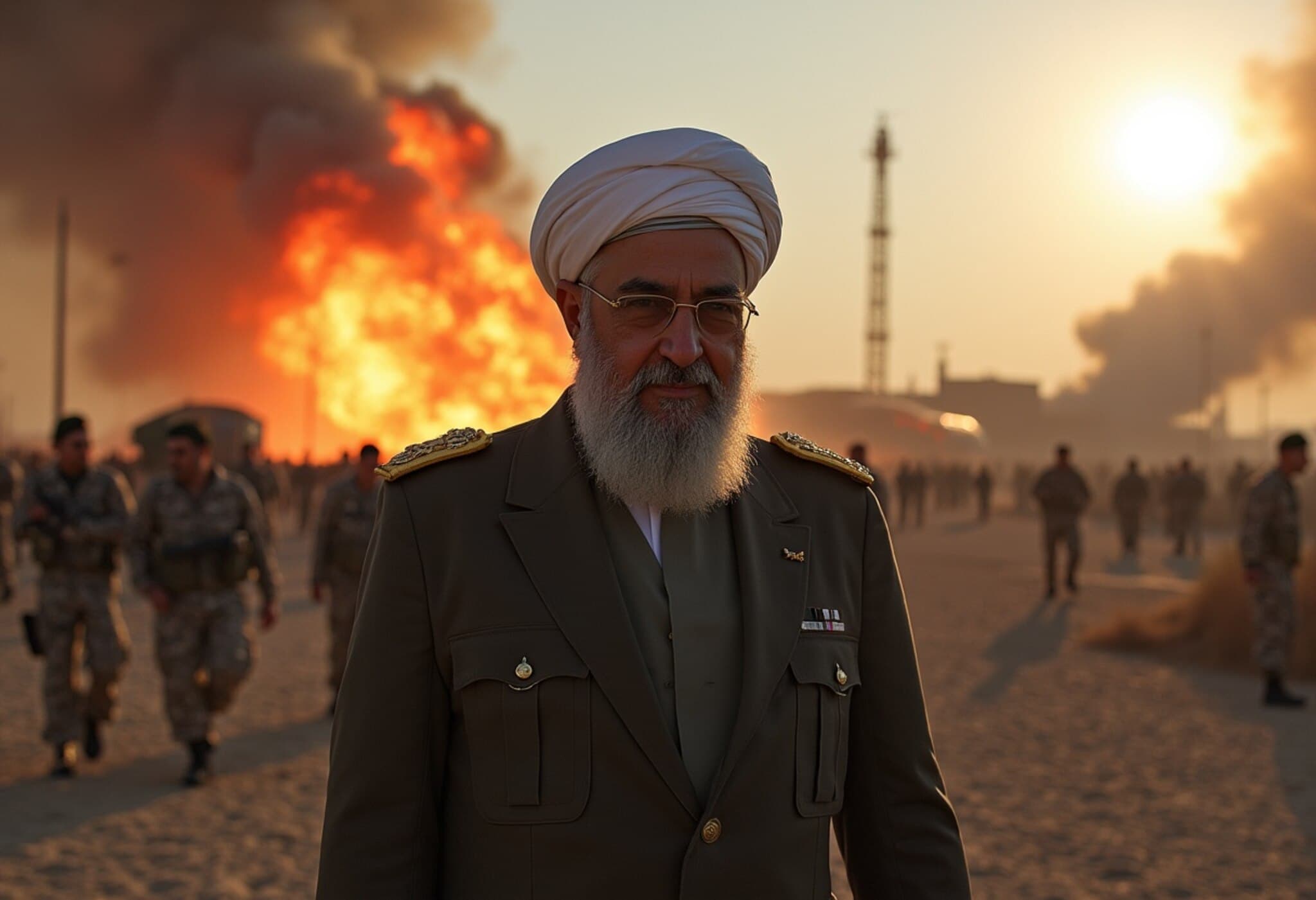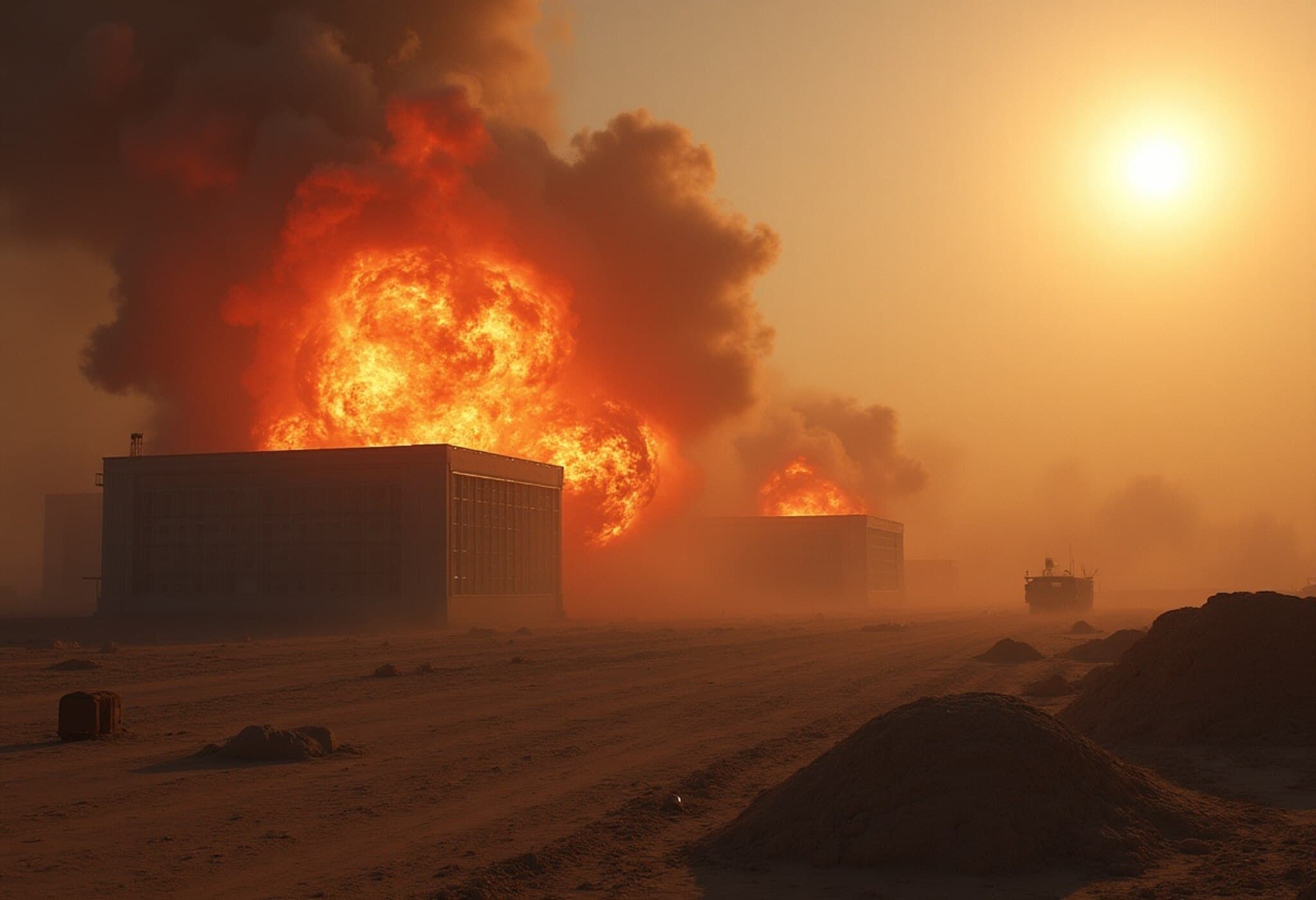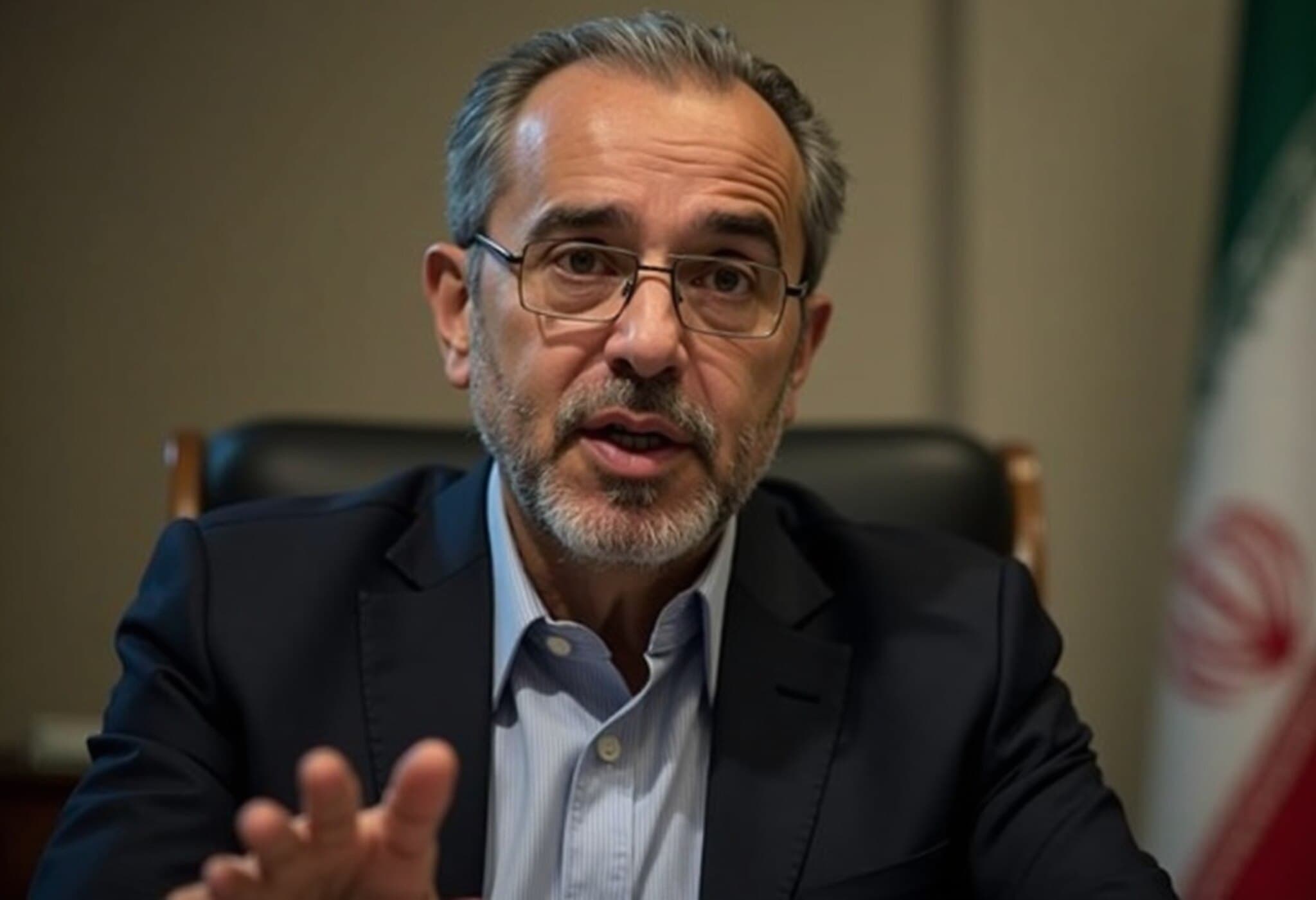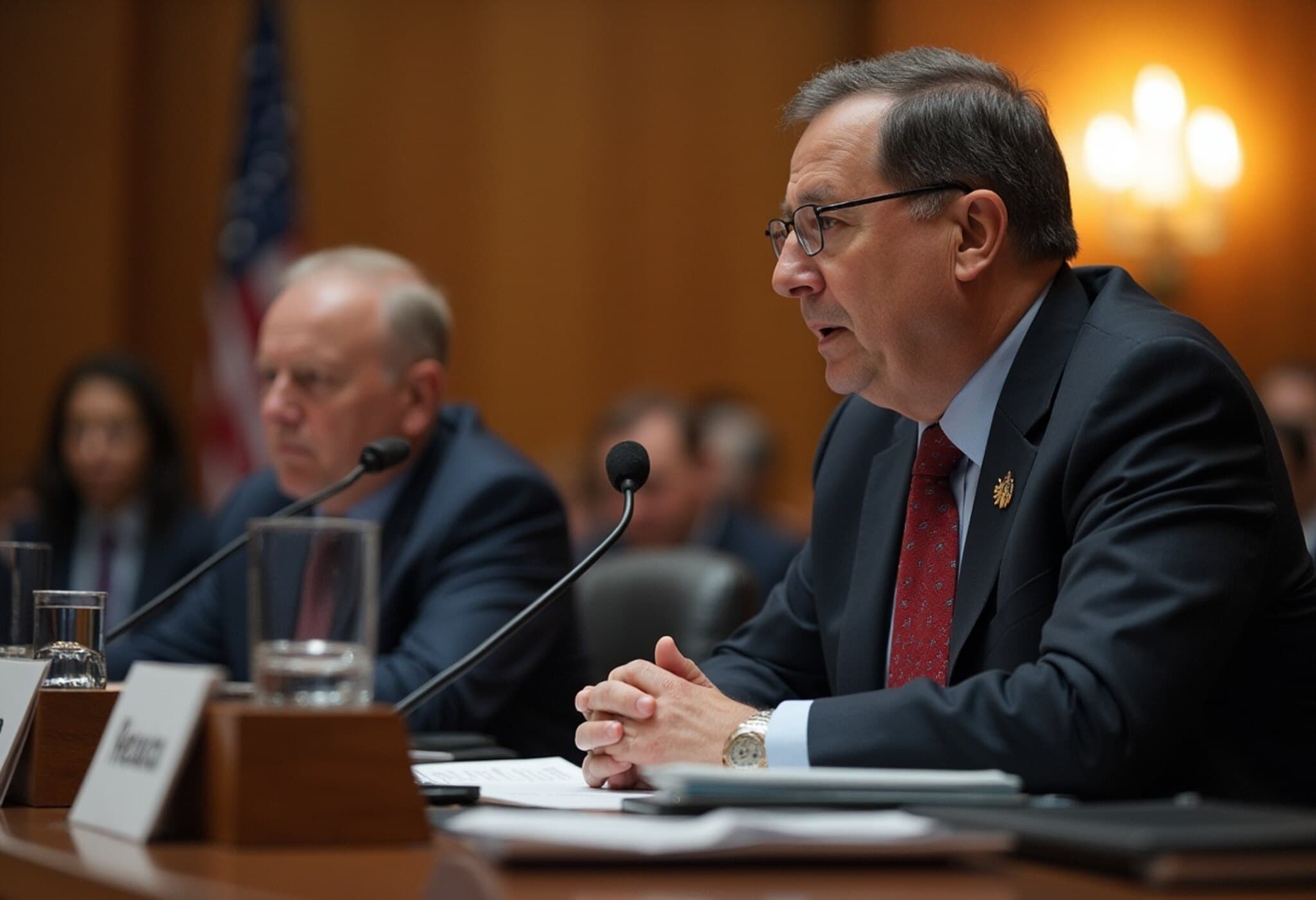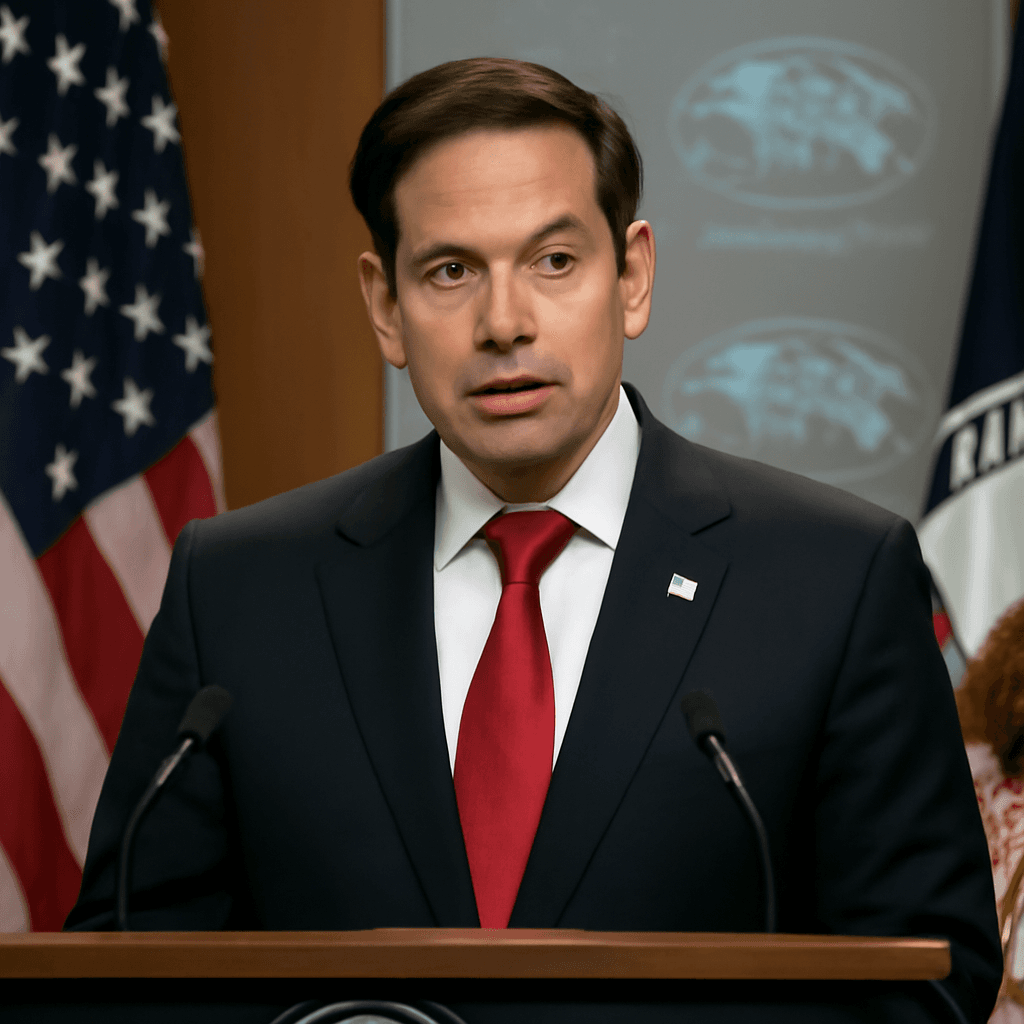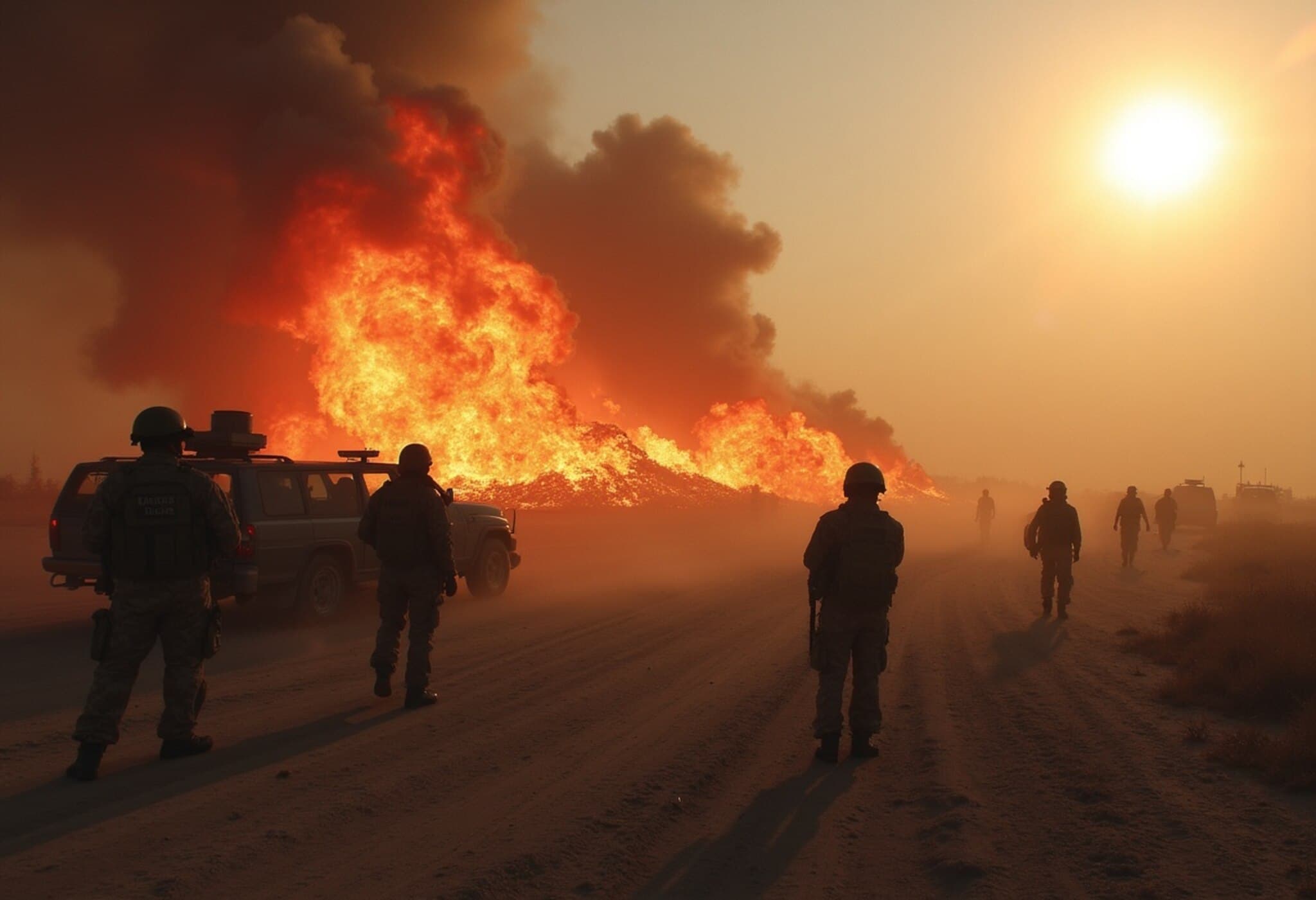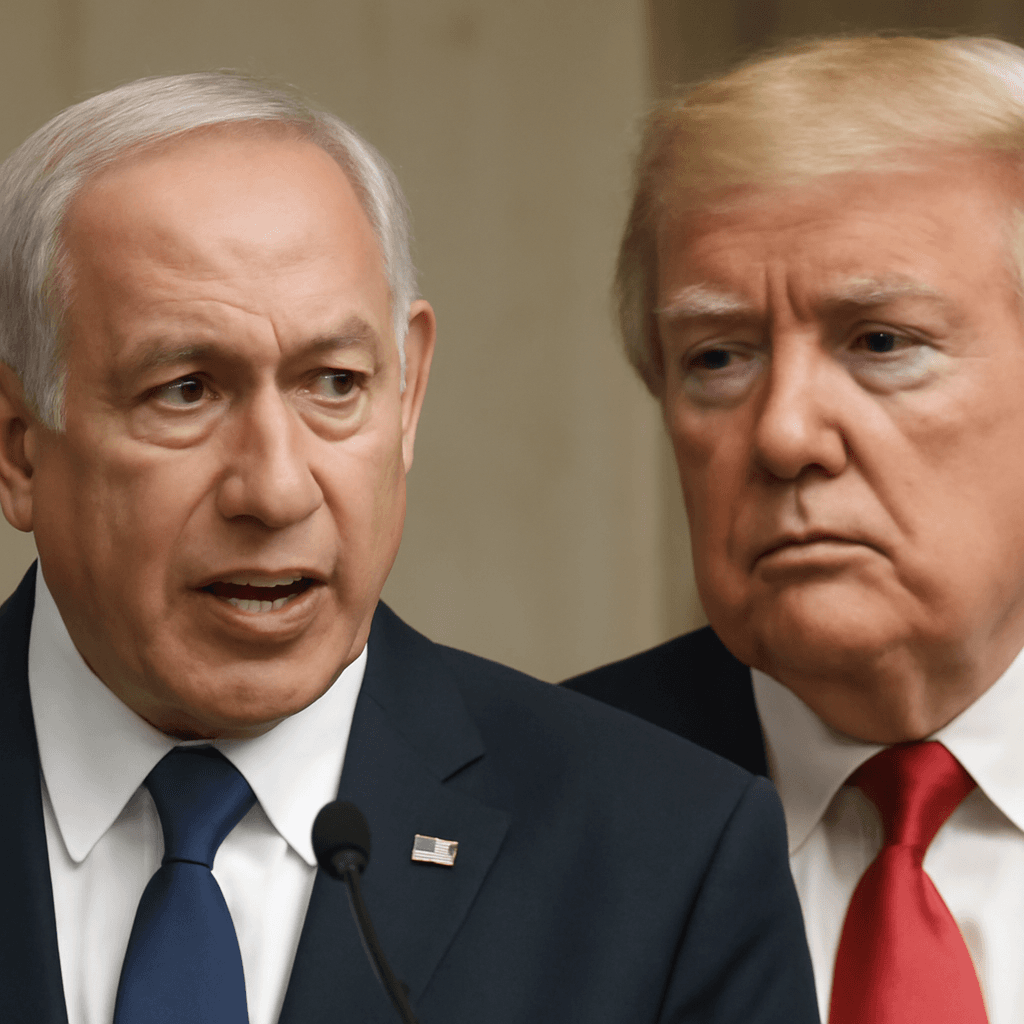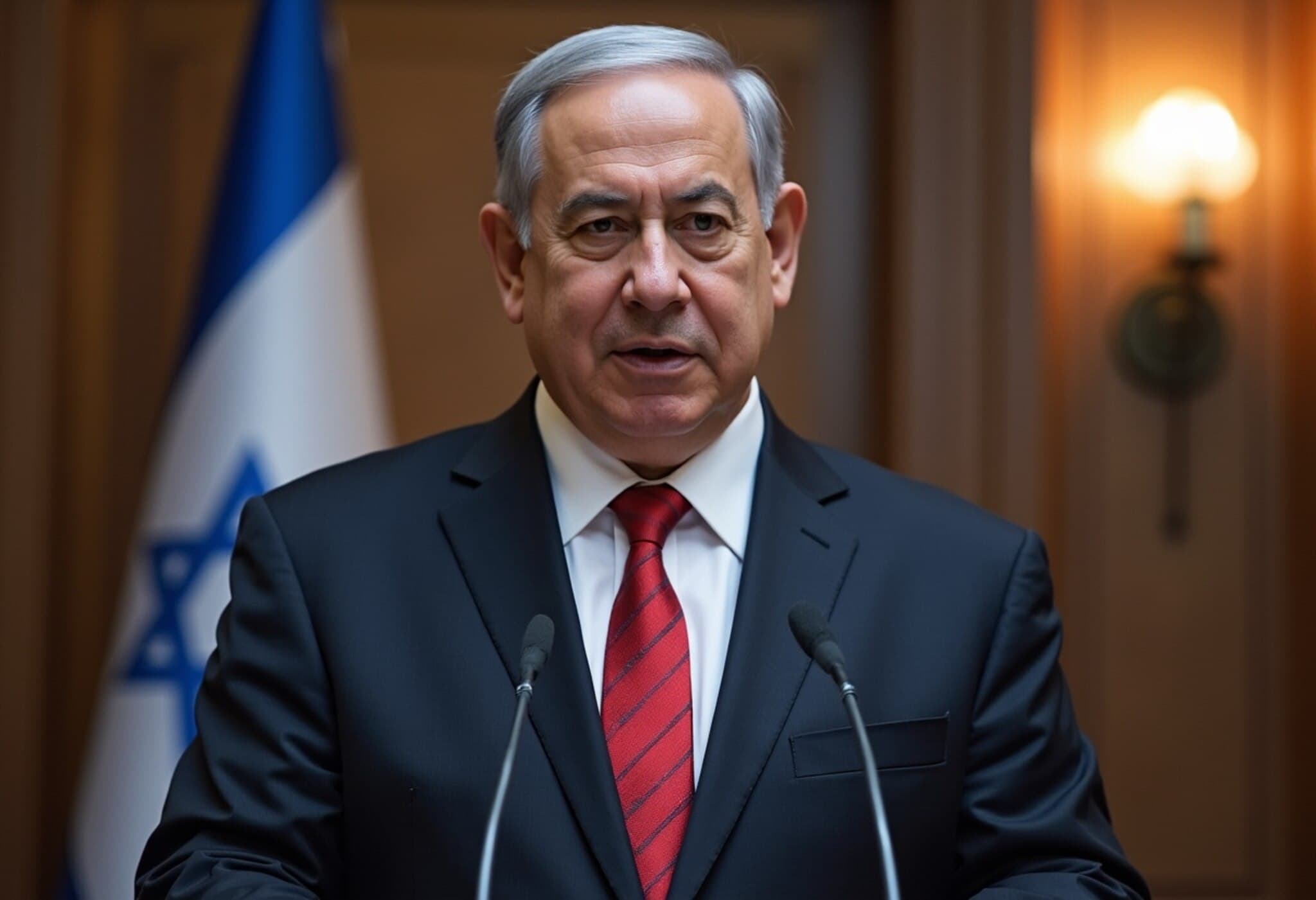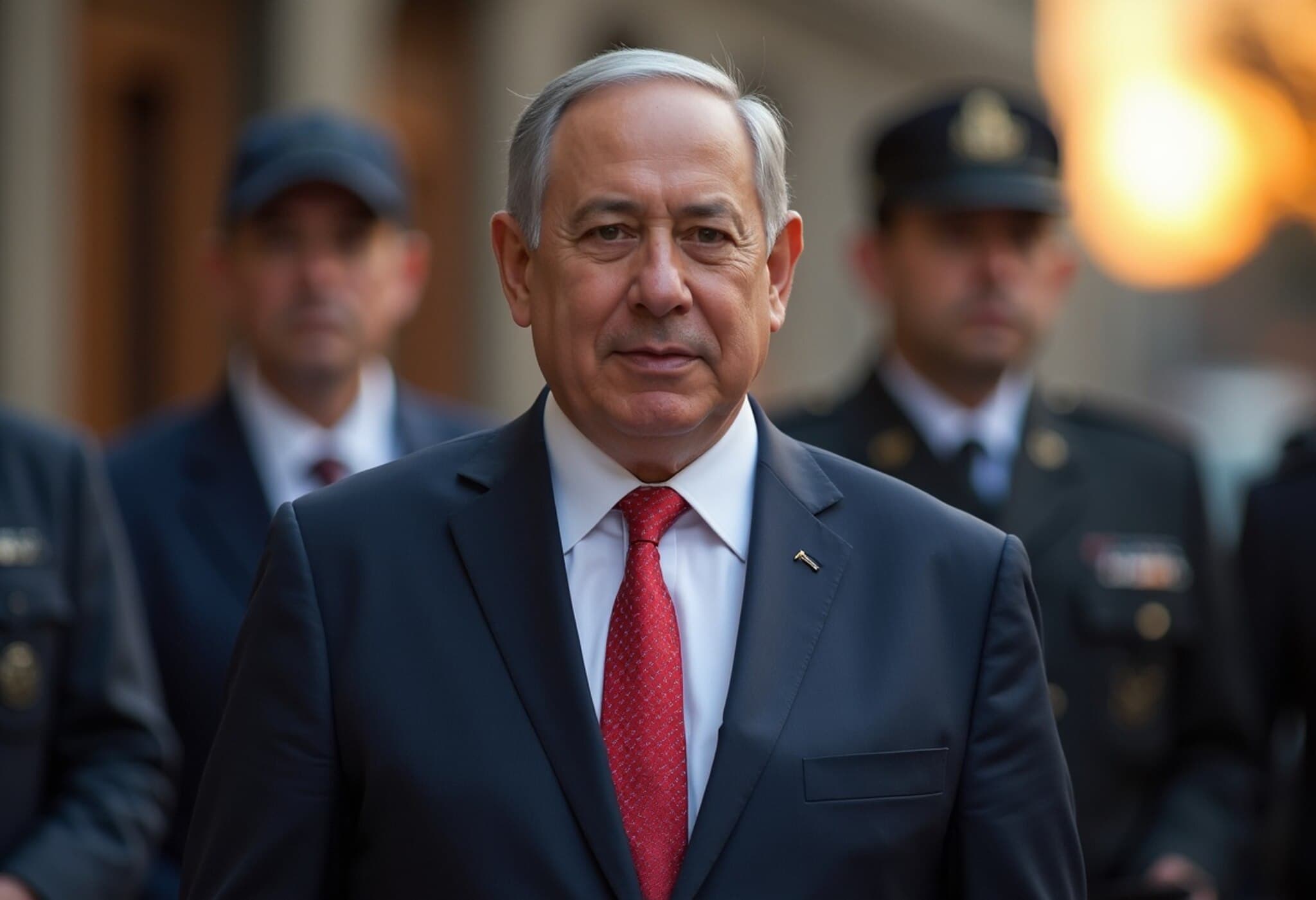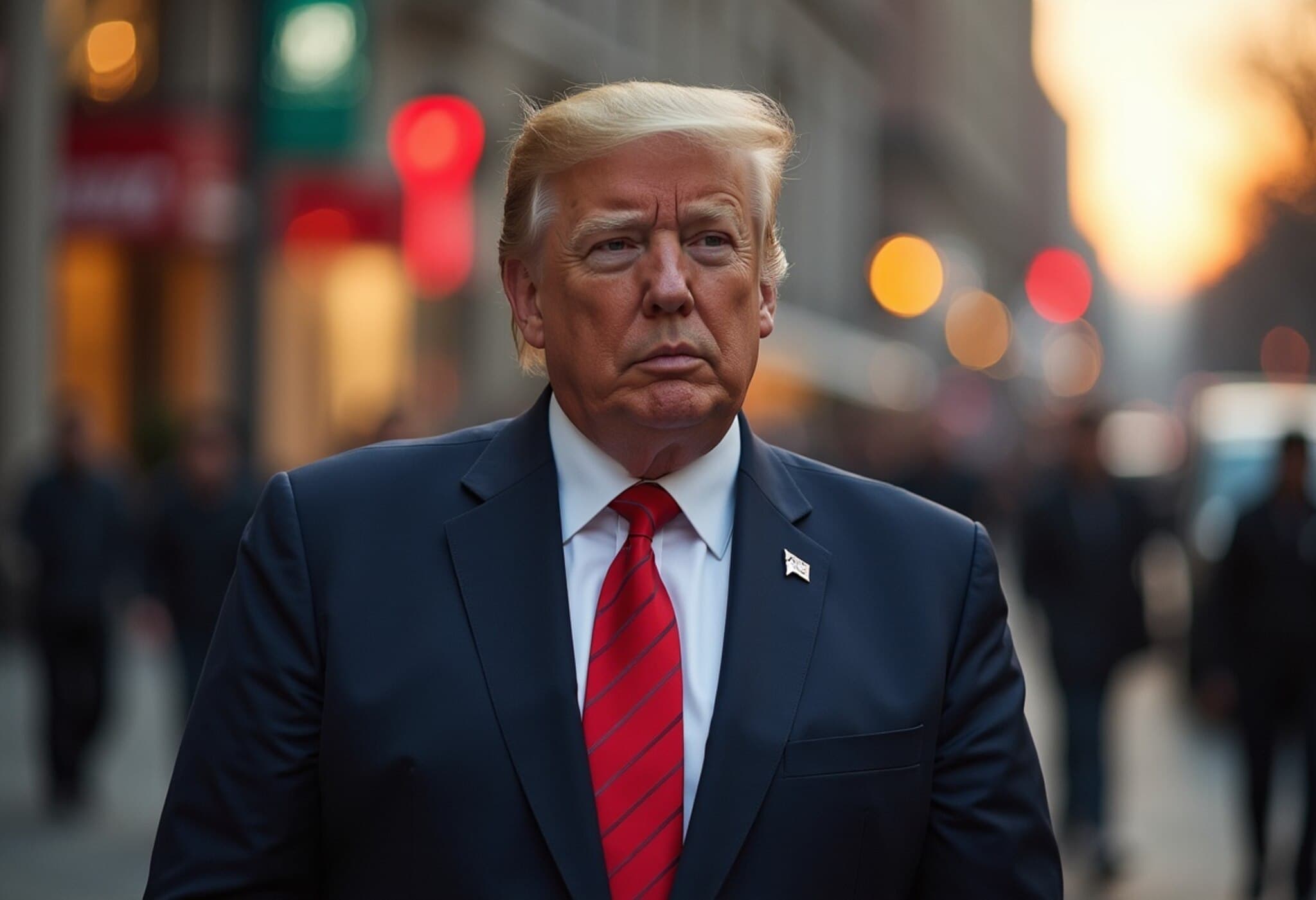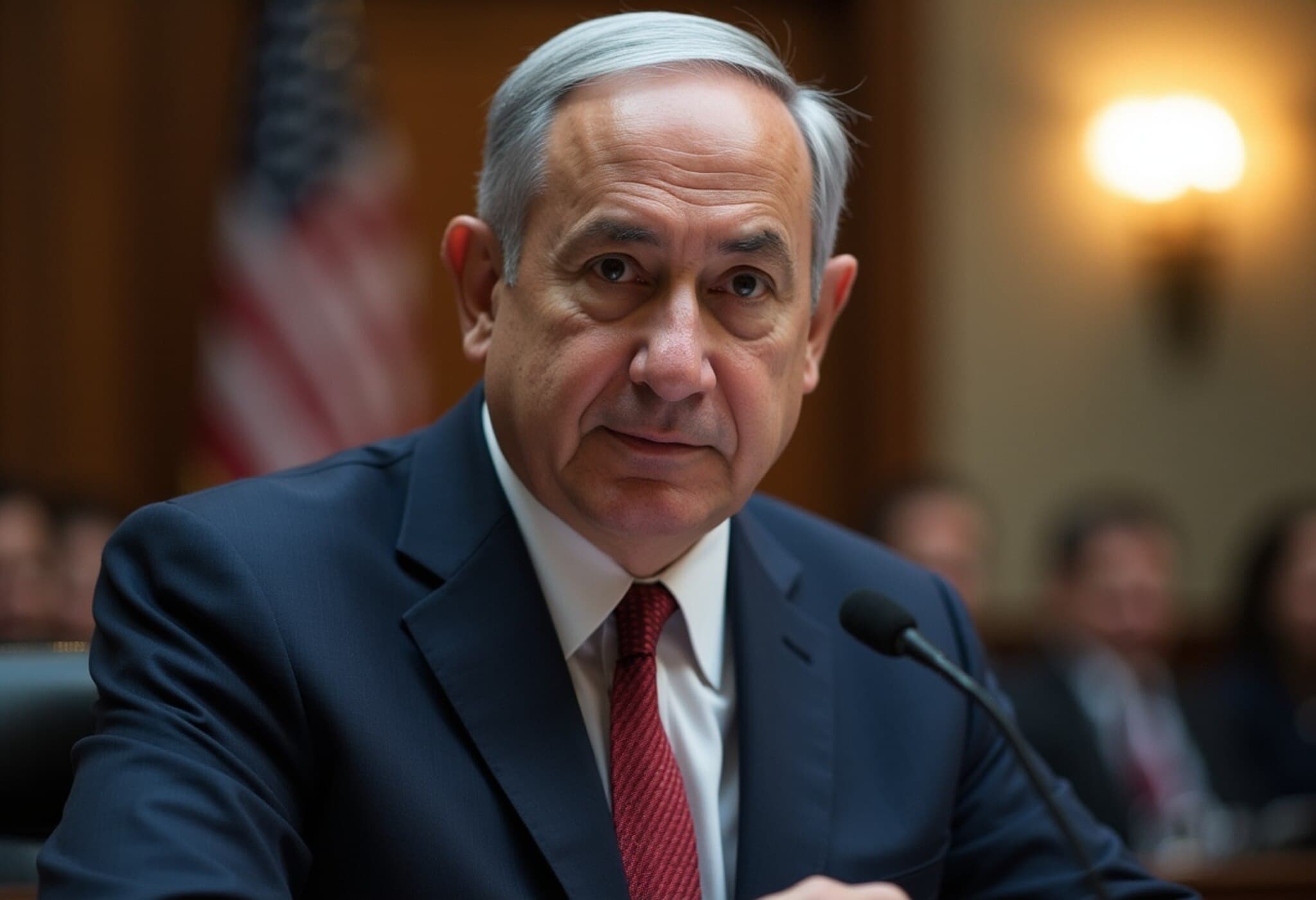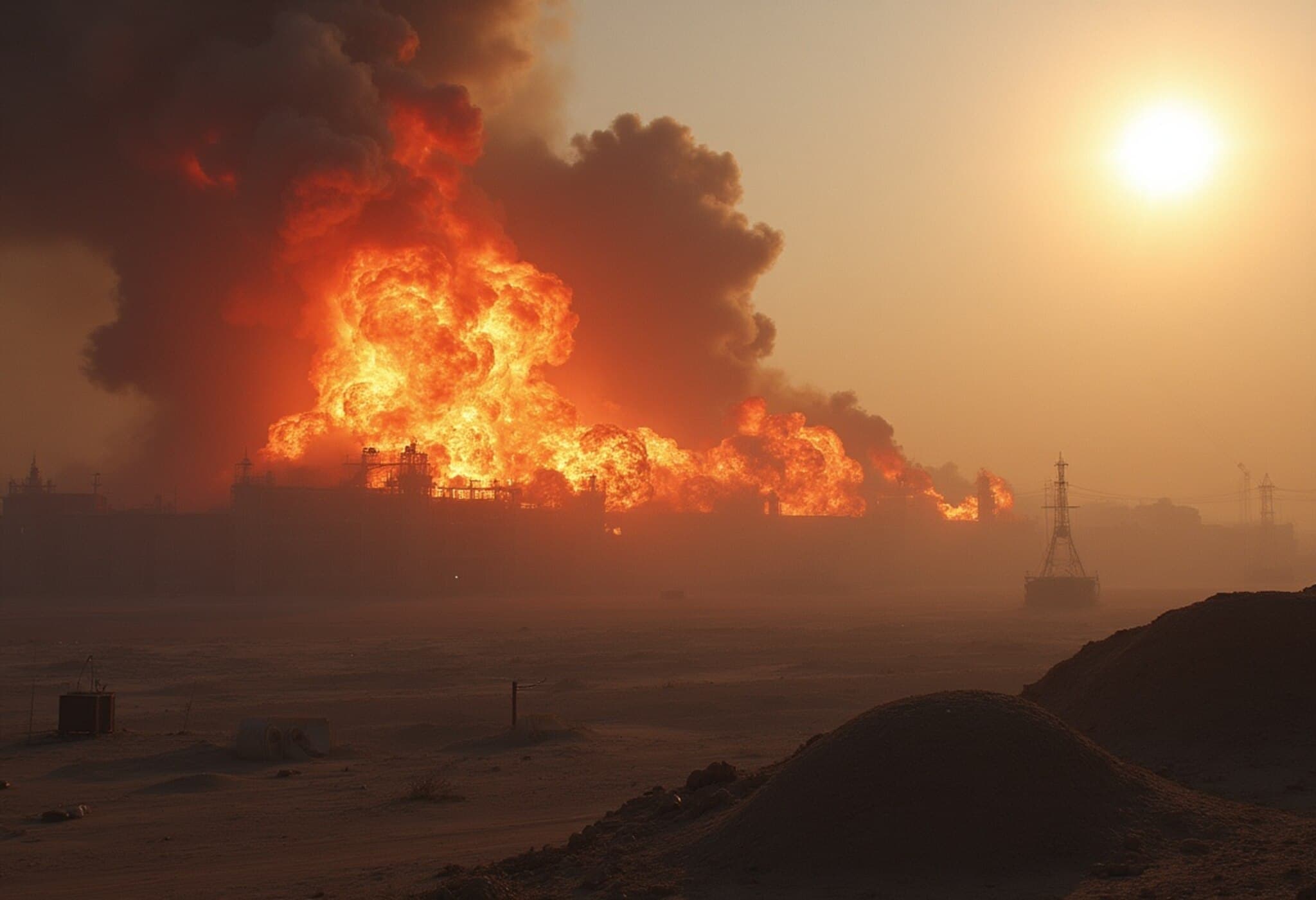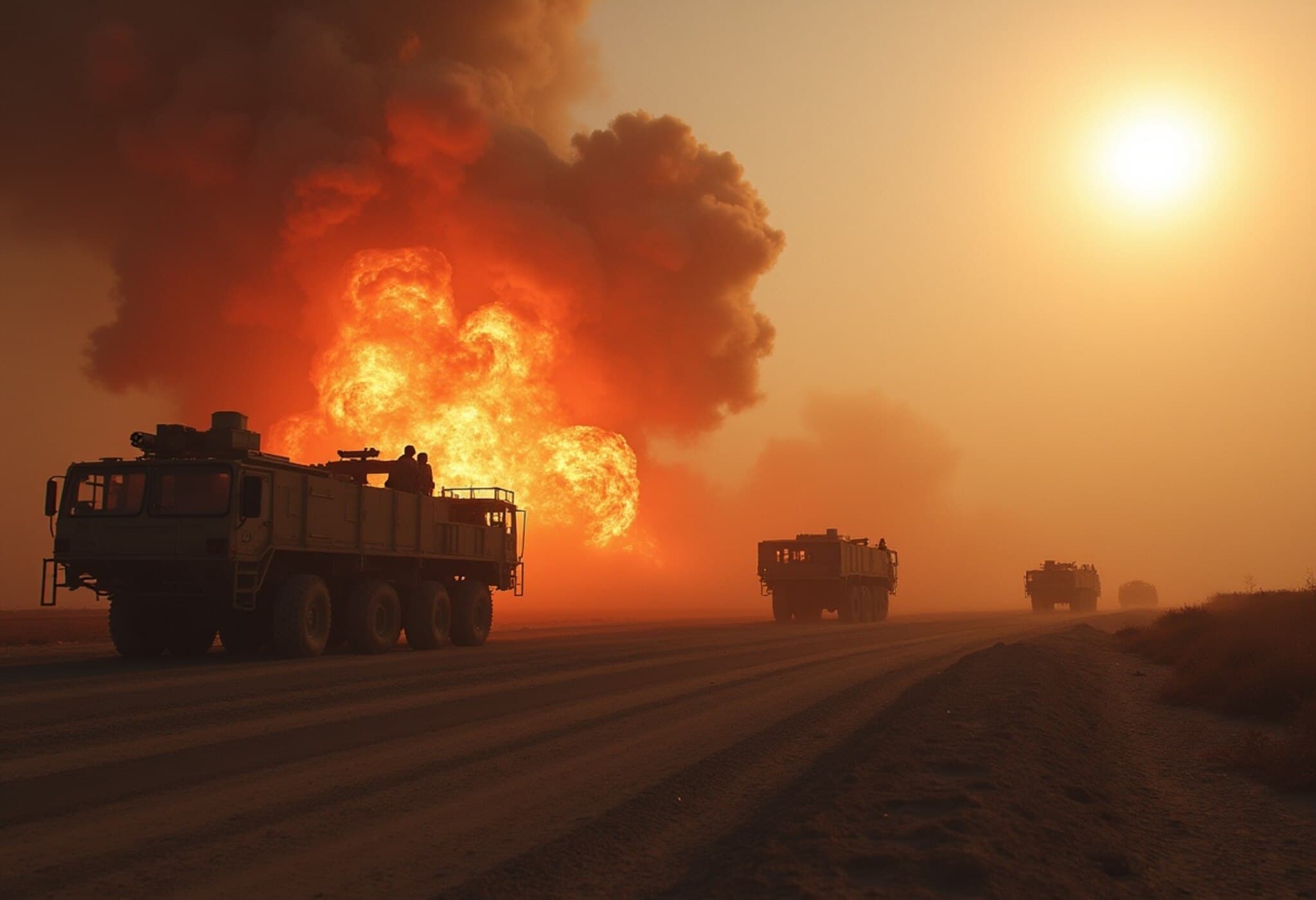Netanyahu Invokes Holocaust as He Orders Pre-emptive Strikes on Iran
After years of warning about the potential threat posed by Iran's nuclear ambitions, Israeli Prime Minister Benjamin Netanyahu has taken decisive military action, sparking renewed tensions in the region. In a nationwide address, Netanyahu drew parallels between the current situation and the horrors of the Nazi Holocaust, stressing the urgency to prevent history from repeating itself.
Striking Iran’s Air Defenses
Israeli military officials confirmed that recent airstrikes disabled four Russian-made Iranian air-defense systems, including one near Natanz, a key site connected to Iran's nuclear program. This bold move marks a significant escalation, aiming to obstruct Tehran’s progress toward nuclear weapons.
Warnings Met with Skepticism
For over a decade, Netanyahu repeatedly alerted the world to the dangers posed by Iran, often facing skepticism and dismissal. In 2018, Iran’s then-foreign minister mocked Netanyahu's warnings as exaggerated, but Israel's premier remained steadfast, emphasizing the existential risk.
Historical Lessons Drive Urgency
In his address, Netanyahu said, “Nearly a century ago, facing the Nazis, a generation of leaders failed to act in time,” referring to the tragic consequences of appeasing Adolf Hitler that led to the death of 6 million Jews. He underscored Israel's vow: “Never again is now today.” This historical context forms the backbone of Netanyahu’s call to action.
Geopolitical Shifts Empower Israel’s Stance
Recent developments in the Middle East have shifted the strategic calculus. After Israel’s intense responses to Hamas’s 2023 surprise attack and the rapid dismantling of Hezbollah’s capabilities in 2024, Netanyahu’s government feels emboldened to confront Iran more aggressively.
This new confidence is reinforced by Israel’s capability to strike deep into Iranian territory, a fact the Defence Minister highlighted, noting Iran’s increasing vulnerability to attacks on its nuclear infrastructure.
Complex Relations with the United States
Despite close ties, Netanyahu's stance on Iran has often clashed with United States administrations. The 2015 Iran nuclear deal, which Netanyahu vehemently opposed, was abandoned by President Trump in 2018. However, Trump’s surprise announcement in April 2025 of direct talks between the U.S. and Iran unsettled Israeli leadership, underscoring ongoing tensions between Washington and Jerusalem.
Nevertheless, Israeli officials hinted coordination with the U.S. prior to the strikes, suggesting a strategic alignment designed to maintain pressure on Tehran despite diplomatic efforts.
Netanyahu’s Contested Legacy
At 75, Netanyahu faces a critical juncture in his political career. Once hailed as a shrewd and unyielding leader, recent years have challenged his image. The devastating Hamas attack in 2023 shook public confidence, and ongoing legal battles have further tarnished his reputation.
Polls indicate growing Israeli impatience with the extended Gaza conflict and skepticism toward Netanyahu’s motives. Yet, the Prime Minister hopes a successful campaign against Iran will cement his legacy as a protector of Israeli security and survival.
Looking Ahead
In closing his address, Netanyahu expressed a vision of enduring resilience: “Generations from now, history will record that our generation stood its ground, acted in time and secured our common future.” As the region braces for the fallout, one thing remains clear—this chapter will deeply influence the Middle East's future.

